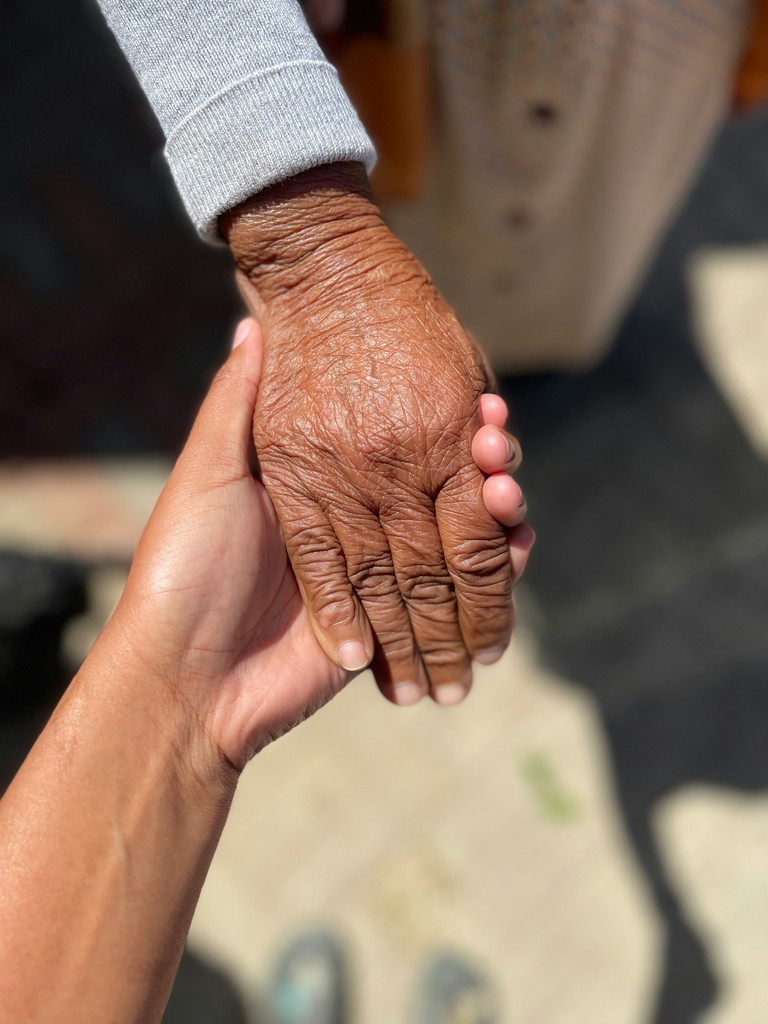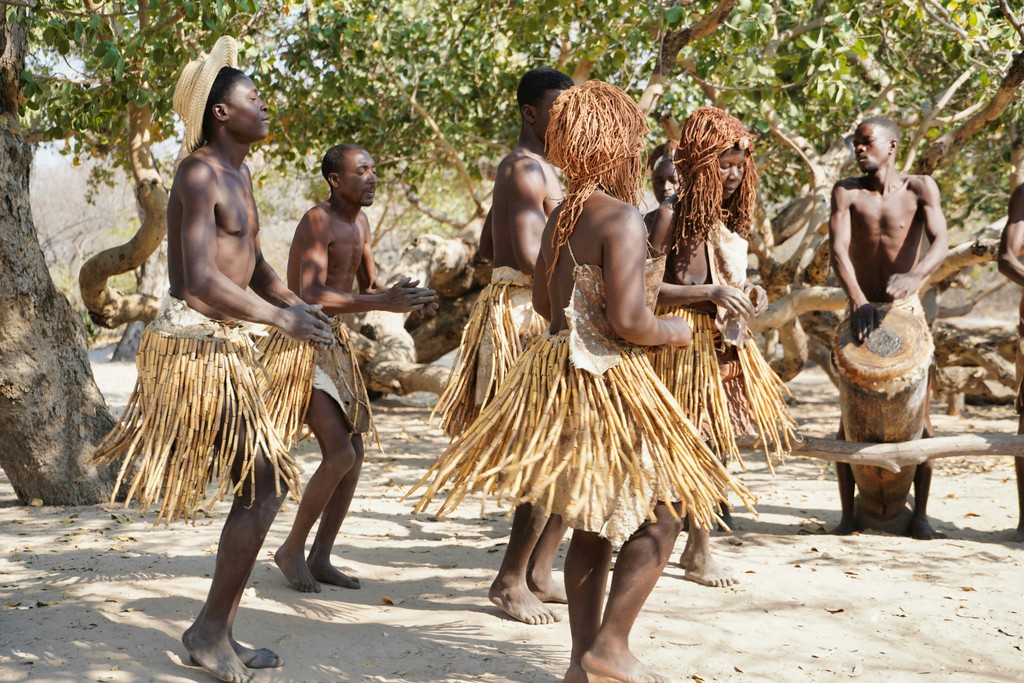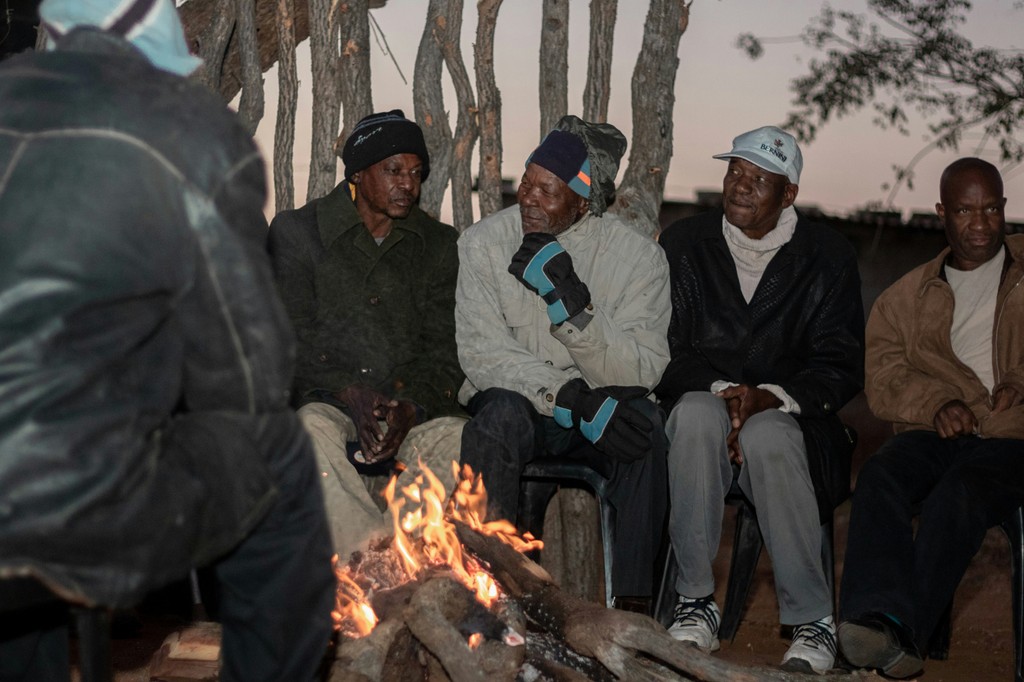
Ryan
Jan 11, 2024
Explore Botswana’s Dikgafela: First Fruits Festival
In the southern part of Africa lies the beautiful country of Botswana, which has a splendid cultural heritage.
Of these, the Dikgafela festival is one of the most lively events. It is celebrated to represent the first fruit harvest ceremony, a way of thanking the gods for the good harvest.
Dikgafela is not only a harvest festival; it can be translated as the first fruit in Setswana. It is a joyful event accompanied by many songs and dances, a connection to roots that Confinity helps families preserve through its digital legacy tools.
For the company Confinity, where the importance of digital legacy saving is critical, it is possible to draw similarities with the concept of Dikgafela.
So, let's go to Botswana and see how this festival corresponds to the principle of appreciating memories and commemorating customs.
The Origins of Dikgafela
The culture of Dikgafela has a long history, dating back many years, due to the strong farming background of Botswana's population. In the dry climate, a good crop was something to rejoice over, and the book portrays it as such.
Dikgafela was a time of thanking the ancestors for the food they had provided for the people in the current season and for asking for more in the forthcoming season.
A Season of Sharing and Community: Dikgafela Spirit
Dikgafela is not a rite based on individual farming; it is a social event. Relatives and friends meet, greet each other, eat, sing, and dance, especially the Happy Harvest dance.
This community seems to draw people closer and ensure that the younger generation knows the importance of Dikgafela.
Dikgafela Traditions
Dikgafela also wakes up much life and joy, with so much to see, hear, and eat. Women commonly wear bright headscarves and dress up in their best outfits.
The pulsating rhythm of the drum beat can be heard in the air, as can the singing of the singers performing the Thanksgiving songs.
One of the main elements is presenting the first fruits to the ancestors and then consuming traditional food based on the harvest's products.
Appeasement of the Ancestors
Thus, the heart of Dikgafela is the appreciation of ancestors. Presenting the first fruits is a way of thanking them for guarding the farmland and blessing it.
This process, performed here, retains the link between the world of the living and the world of the dead and guarantees the continuing influence of the forefathers on the community.

Dikgafela in Today's Society.
Dikgafela is remembered in Botswana even to this day. It helps society appreciate the significance of agriculture and food production from the land in a society beset by challenges such as climate change and food crises.
As time passes, the festival remains relevant and even adapts to the modern world, but its primary messages stay the same: thankfulness and people's unity.
A Bridge Between Past and Present: The Use of Storytelling
Thus, storytelling is a significant factor in Dikgafela. The elders narrate the previous years' harvests, making everyone recall the struggles and successes of the past years.
Thus, these stories help to preserve the experience and knowledge that has been accumulated over the years.
Imagine this:
Thus, in the contemporary world, Confinity presents an effective solution to the problem of the dichotomy between pre and postmodernism.
Picture families experiencing Dikgafela and getting to look at a selected set of stories, pictures, and even a few recipes that are within the loved one's Confinity profile.
This helps the younger generations to get the feel of their forebearers and thereby feel the spirit of Dikgafela.
Frequently Asked Questions
What does Dikgafela mean?
The name Dikgafela means first fruits in the Setswana language; this is the official language of Botswana.
When is Dikgafela celebrated?
Dikgafela has no set date but is held in the early summer, following the first fruits' harvest.
What is the importance of Dikgafela in the novel?
Dikgafela is a festival that marks the first fruits; it is a time for thanking the spirits for the good crop.
What are some Dikgafela traditional practices?
Dikgafela includes music, dance, and the presentation of the harvest feast and the first fruits to the ancestors.
What do people consume during Dikgafela?
The crop prepared in the newly harvested crops forms the central part of the Dikgafela feast.
Is the Dikgafela celebration a religious one?
Even though Dikgafela entails rituals done to the ancestors, it is more of a cultural event associated with the harvest.
What is the function of storytelling in Dikgafela?
This is because Dikgafela focuses on storytelling, where legends of previous years' harvests and lessons of earlier generations are told.
Can I attend Dikgafela if I am not from Botswana?
In Dikgafela, tourists can observe and feel the happiness that comes with it.
How can one get more information about Dikgafela?
To gather more information about the culture of Botswana, one can search the internet or approach cultural departments.
What are some other harvest festivals that are celebrated all over the world?
These include Thanksgiving in North America, the Moon or Mid-Autumn Festival in China, and Bon or Obon in Japan, which are all celebrations of harvest.

Conclusion
Dikgafela, Botswana's harvest festival, is a colorful celebration that promotes Thanksgiving, unity, and the honoring of ancestors.
It is a celebration that makes people realize and appreciate what they have worked hard for and the generations who paved the way for them.
This is why, at Confinity, we are convinced that technology can help preserve these values.
Through the application, you can archive your family's history and ensure that the culture of Dikgafela continues for generations.
Connect with your heritage and safeguard your family’s history. Sign up for Confinity now
Discover how cultural traditions influence memory preservation across generations →
